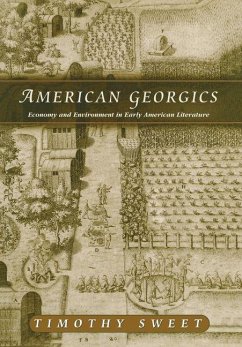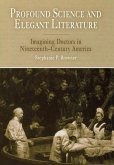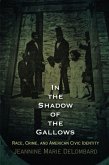In classical terms the georgic celebrates the working landscape, cultivated to become fruitful and prosperous, in contrast to the idealized or fanciful landscapes of the pastoral. Arguing that economic considerations must become central to any understanding of the human community's engagement with the natural environment, Timothy Sweet identifies a distinct literary mode he calls the American georgic.
Offering a fresh approach to ecocritical and environmentally-oriented literary studies, Sweet traces the history of the American georgic from its origins in late sixteenth-century English literature promoting the colonization of the Americas through the mid-nineteenth century, ending with George Perkins Marsh's Man and Nature (1864), the foundational text in the conservationist movement.
Offering a fresh approach to ecocritical and environmentally-oriented literary studies, Sweet traces the history of the American georgic from its origins in late sixteenth-century English literature promoting the colonization of the Americas through the mid-nineteenth century, ending with George Perkins Marsh's Man and Nature (1864), the foundational text in the conservationist movement.
Dieser Download kann aus rechtlichen Gründen nur mit Rechnungsadresse in A, D ausgeliefert werden.









